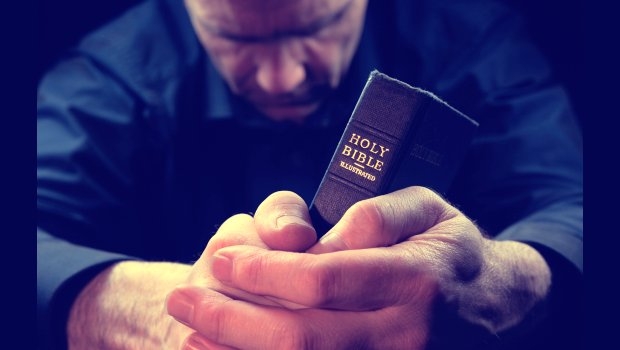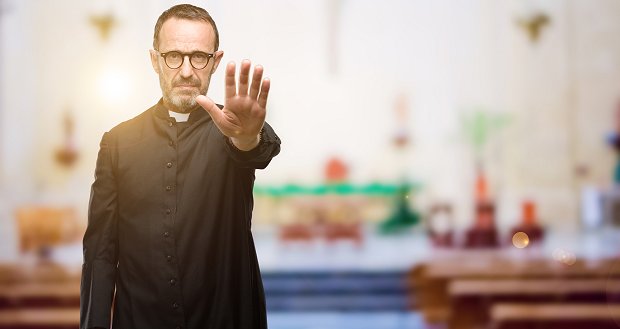Religious freedom in Australia - Part II of III

In Part I we employed robust national survey data from Australian National University (ANU) to establish that in public attitudes toward four social law reforms — abortion, voluntary assisted dying, marijuana use, and marriage equality — opposition was uniquely high amongst only one psychographic Australian Social Identity (ASI6) segment. That segment is religious conservatives, who comprise a small minority (8%) of the adult population.
While it’s important to remember that each of these characteristics alone doesn’t describe every religious conservative — for example, 15% don’t oppose marriage equality — the ANU data uncovers many other characteristics that are also far more prevalent amongst religious conservatives than others.
For example, religious conservatives are significantly more likely to believe that when the mother works, the children suffer; that women earning more than men causes problems; that men make better political leaders and business executives and have more right to scarce jobs; and that being a housewife is just as fulfilling as working for pay.
They’re also the most likely to believe that having children is a duty to society; that adult children have a duty to care for their parents; that work is a duty to society, that work comes before spare time and that people who don’t work turn lazy.
In addition, religious conservatives are the most likely to say there should be greater respect for authority (including their own); that the government also controlling the Senate is a good thing; that security is more important than freedom and that the top priority of politicians is to “maintain the order of the nation” followed by “protect freedom of speech”. (Note the discrepancy between the low priority for freedom, except freedom of speech.)
They’re by a very large margin the least likely to prioritise giving people more say in important government decisions — so they would have been displeased indeed with then Prime Minister Malcolm Turnbull’s 2016 election promise, and subsequent implementation of, a postal vote on marriage equality.
Religious conservatives are the most likely to say that immigrants fill important job vacancies, and, after secular conservatives, the most likely to say that “all boats should be turned back”.
On public spending, they’re the least likely to support increases for health or public transport, and, after secular conservatives, the least likely to support increases for unemployment or childcare.
Religious conservatives’ attitudes towards child-rearing are also telling. They’re by far the most likely to say that children should be taught obedience (and, unsurprisingly, religion). They are also the least likely to say that children should be taught independence, imagination, determination and perseverance, good manners, or tolerance and respect of others.
If you’re beginning to sense a significant undercurrent of self-referential control, you’d be right. Religious conservatives are by far the most likely to say that they feel in control of their own lives.
And the result of all this control? On average they report themselves to be the most happy and healthy Australians.

Robust national survey data provides concrete evidence that religious conservative Australians are by far the most likely to favour authority, obedience and self-referiential control
In summary, the robust evidence shows that overall, religious conservatives more than any other segment disapprove of and have a disposition to control freedom of choice for all Australians. They’re also accustomed to assuming general support and religious “authority” for their positions.
But with a majority of Australians (54%) now reporting “no religion”, religious conservatives are losing their influence over Australia’s social agenda and the shaping of rights and choices of all Australians.
It’s understandable that they’d feel distinctly uncomfortable and fight hard to defend a once dominant position, especially through vigorous political engagement.
And on the political front, religious conservatives continue to stand out. They’re more likely than any other ASI6 segment to be “rusted on” to a political party. They predominantly think of themselves as Coalition (60%) and minor party voters (14%) rather than Labor voters (11%).
At the 2016 election (the 2019 Australian Election Survey is not yet completed), religious conservatives were far surer than any other ASI6 segment of their voting intention (77%): that is, considering the possibility of voting for an alternative candidate far less often than others.
Nevertheless, there was a measurable swing of conservative primary votes to minor parties at the 2016 election. That spooked the Coalition, contributing to Mr Turnbull’s political demise after marriage equality law reform was passed.
But was the swing to minor parties as significant as many politicians think… or significant at all? We’ll answer that question in Part III as we examine the relatively high support for “religious freedom” amongst federal politicians.
-----
The analyses conducted on the ANU data are ResearchSquirrel's and not ANU's.
Got a topic you'd like us to consider? Ask here...






